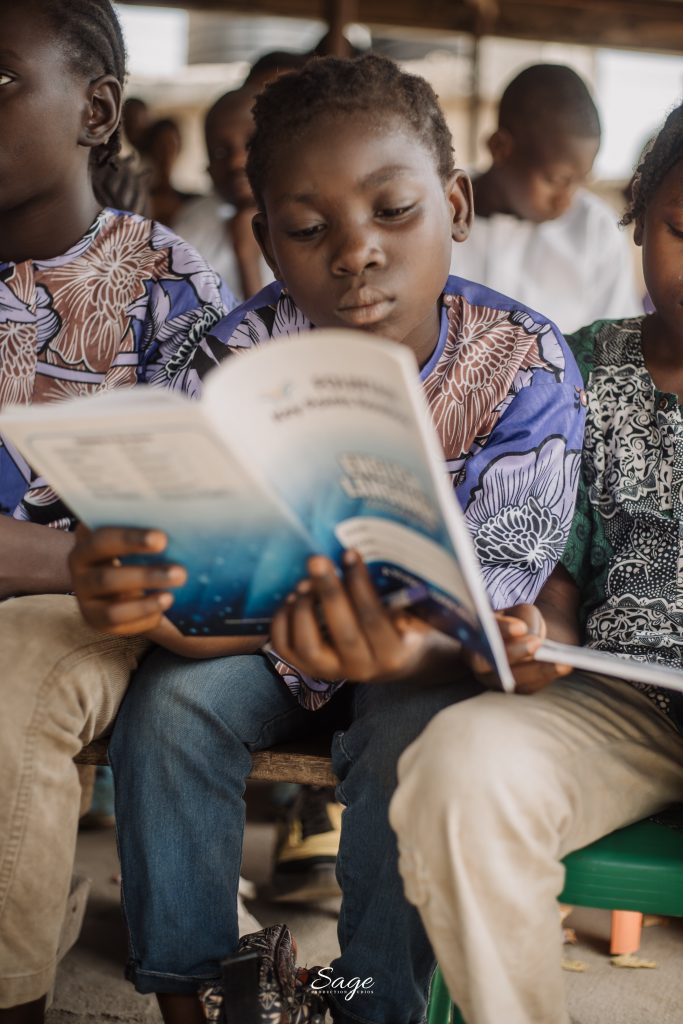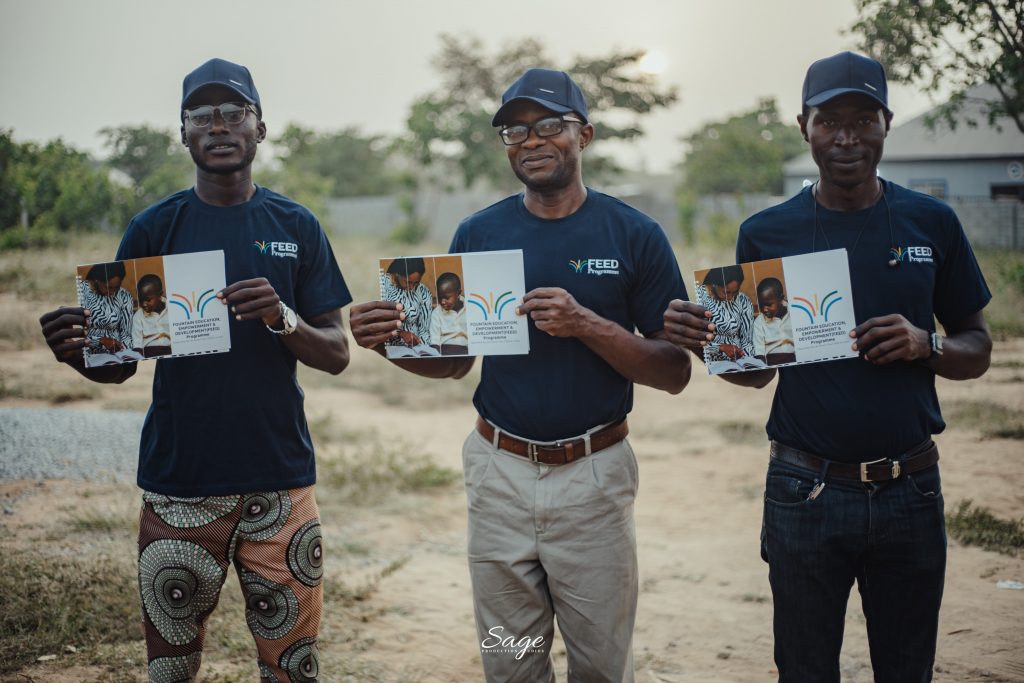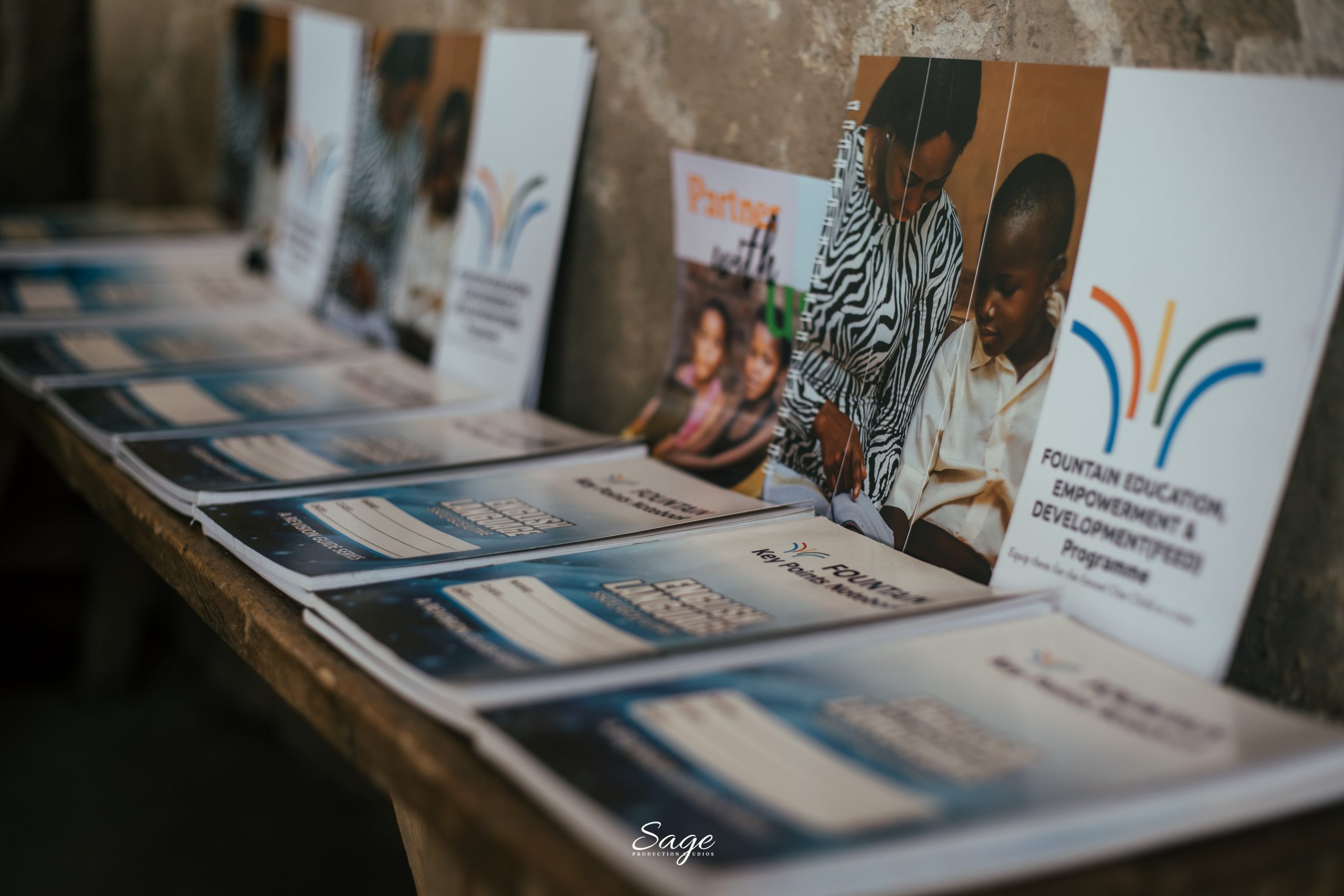According to statistics Sub-sahara Africa is projected to need an additional 15 million primary and secondary teachers by 2030 for the education system to recover from the COVID-19 pandemic. No doubts this seem like mission impossible with the current trend in the region.
In Nigeria especially, the insurgency, terrorism and banditry that is threatening the operations of educational facilities in the region leaves every stakeholder with the question, ‘How can this be achieved? It is on this note that the Fountain Integrated Services, an education and community development initiative, introduced the Fountain of Education Empowerment-FEED programme, an innovation that would ensure few teachers impact knowledge to hundreds of school children through digital devices, thus saving authorities of the need to source for millions of physical teachers.
The measures encapsulated in the Fountain’s FEED programme, according to the Programme Coordinator, Isaac Audu, has seen the conversion of written materials or hard copy texts to digital format.

“Our goal is to achieve the SDG goal number 4 for quality education that is the first goal that we have. We are hoping that that would lead us to achieve goal number 10 which is to reduce inequality. When somebody is properly educated, it bridges the gap of inequality. It may not necessarily mean equal income level but the gap is reduced a bit. When inequality is reduced, it brings us back to goal number one which is to alleviate poverty. When we educate them, we reduce inequality and poverty is alleviated. And we can’t do this without goal number 17, which is partnership. That is why we call on partners to join us so that we can do this together.” He explained while briefing press men recently stressing that Africa can be a better place, the narrative can change if we come together to achieve this.
The Fountain Integrated Services is a business entity with status of a Non-Governmental Organisation, NGO, whose core mandate is re-modification of teaching and learning not just in Nigeria but Africa as a whole. It has produced hard copy text books in 29 subjects.

The hard copy text books are Simplified Key Point Notes of some hardcopy text books rewritten to help school children read and assimilate easily. The development of the simplified education materials started in 2012 and resulted in the launching of ten books in 2015, according to Isaac Audu.
“Basically, we are into education. We are also extending to community development. We started in 2012 to develop these educational materials and in 2015, we had a book launch with ten subjects. From that 2015 to now, we have published 29 books in all and we have also given back to the society through our social corporate responsibility.” Audu said told Crystal Education News.

